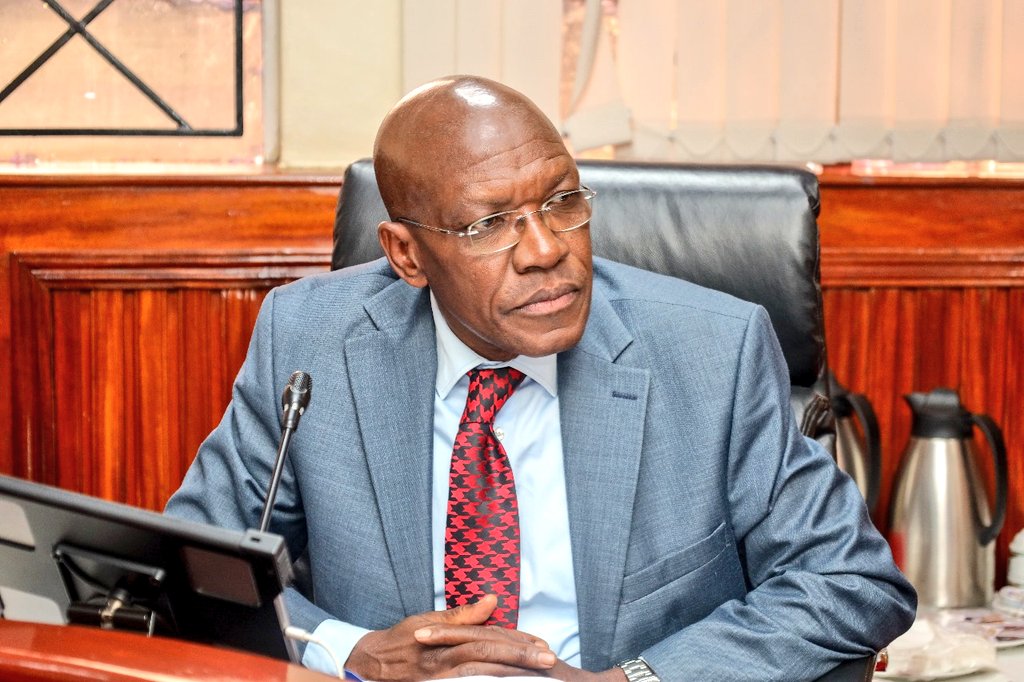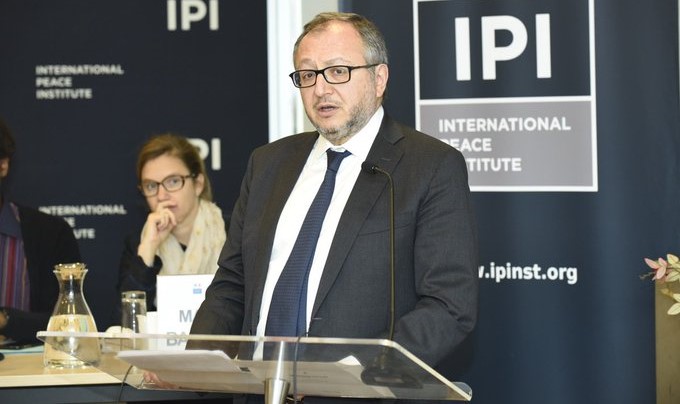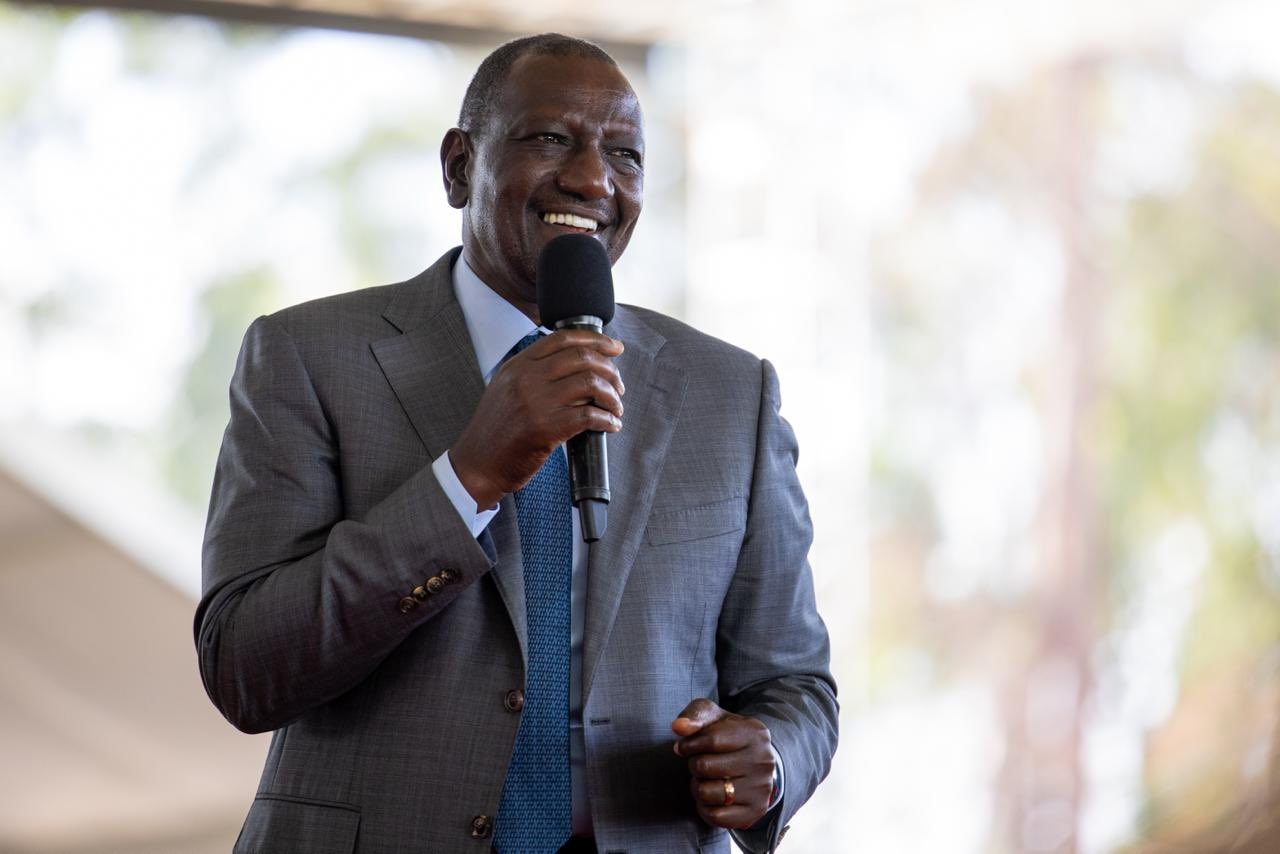Zimbabwe officially launches bid for UN Security Council seat

A seat on the Council is seen as a symbol of prestige, giving nations the opportunity to shape discussions on international peace, security, and cooperation.
Zimbabwe has officially launched its campaign for a non-permanent seat on the United Nations Security Council for the 2027–2028 term, President Emmerson Mnangagwa confirmed on Wednesday.
The move marks a significant step in the country’s diplomatic engagement, offering a platform to advance African priorities while strengthening Zimbabwe’s presence in global governance.
More To Read
- Zambia pledges support for removal of Western sanctions on Zimbabwe
- Zimbabwe's ZANU-PF proposes constitutional amendment to keep Mnangagwa in power
- Venezuela closes embassies in Norway and Australia, opens new ones in Africa amid tensions with the West
- Opinion: Africa’s inclusion indispensable to a just and effective global order
- Ruto joins African push for UN Security Council reforms at General Assembly
- UN Security Council rejects bid to continue Iran sanctions relief
A seat on the Council is seen as a symbol of prestige, giving nations the opportunity to shape discussions on international peace, security, and cooperation.
President Mnangagwa said that if elected, Zimbabwe’s focus would centre on promoting regional stability, peace, and advancing initiatives for women and youth.
"We will focus on peace, security, silencing guns, regional cooperation, and the women and youth agenda," he wrote on X.
He expressed appreciation for the unanimous backing received from both the Southern African Development Community (SADC), which he currently chairs, and the African Union (AU), describing their support as a demonstration of Zimbabwe’s credibility and influence within the region.
Non-permanent members of the Security Council serve two-year terms, with ten seats allocated on a rotating regional basis.
Although they do not hold veto powers like the permanent members, these countries play a key role in shaping global security policies, contributing to resolutions, and highlighting regional concerns on the international stage.
Zimbabwe’s bid follows in the footsteps of other African nations, including Kenya, which has served three times as a non-permanent member: 1973–1974, 1997–1998, and most recently in 2021–2022.
Kenya’s latest term required a second-round vote against Djibouti in June 2020 and included collaboration with countries such as India, Ireland, Mexico, and Norway.
During its first tenure, Kenya also held the presidency of the Council in February 1973.
Winning a seat would allow Zimbabwe to play a more active role in shaping discussions on global peace and security, while providing a forum to advance African interests and influence international norms.
The campaign signals Harare’s commitment to multilateral diplomacy, regional cooperation, and inclusive development.
Top Stories Today













































